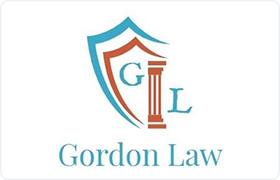Newell Misdemeanor Lawyer, North Carolina
Sponsored Law Firm
-
 x
x

Click For More Info:
-
The Law Offices of Andrew L. Gordon, PLLC.
725 E. Trade Street Suite 205 Charlotte, NC 28202» view mapCriminal Defense Law Fighting For Your Rights
Everyone knows that the law is not a simple topic. But when you meet with a Gordon Law attorney, the confusion will clear up before you know it.
800-941-2360
Samuel J. Randall
✓ VERIFIEDCriminal, DUI-DWI, Misdemeanor, Felony, White Collar Crime
Since 1998, Samuel J. Randall, IV has built a solid reputation among his peers, adversaries, and the judiciary in North Carolina as an aggressive and ... (more)
FREE CONSULTATION
CONTACTKaren Lee Ann Dula
Criminal, DUI-DWI, Misdemeanor, Criminal
Status: In Good Standing Licensed: 11 Years
FREE CONSULTATION
CONTACTChristopher S. Shumate
Traffic, Immigration, Employee Rights, Misdemeanor
Status: In Good Standing Licensed: 21 Years
Kimberly Denise Saxton
Wrongful Termination, Divorce & Family Law, Misdemeanor, Collection
Status: In Good Standing Licensed: 22 Years
Charles Linwood Morgan, Jr.
Criminal, Felony, Misdemeanor, White Collar Crime
Status: In Good Standing Licensed: 43 Years
FREE CONSULTATION
CONTACT Andrew Gordon Charlotte, NC
Andrew Gordon Charlotte, NC Practice AreasExpertise
Practice AreasExpertise

